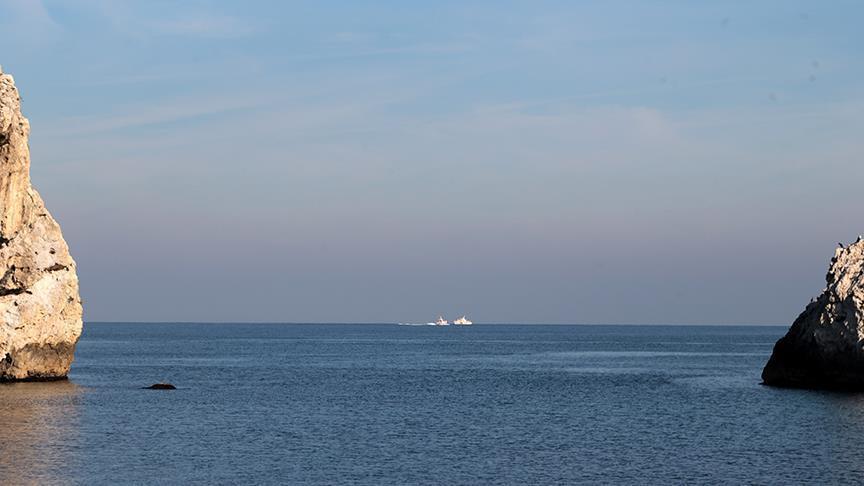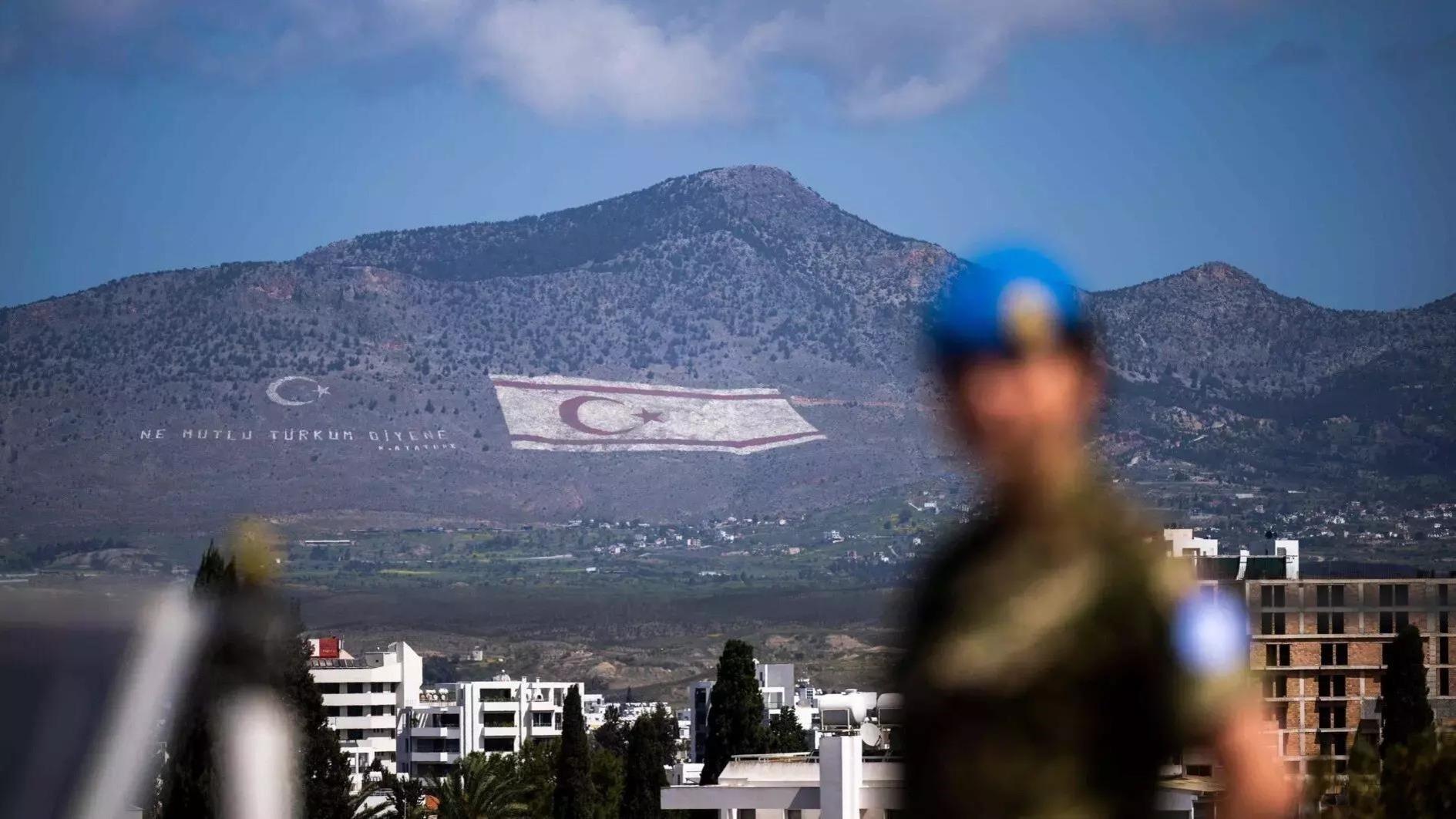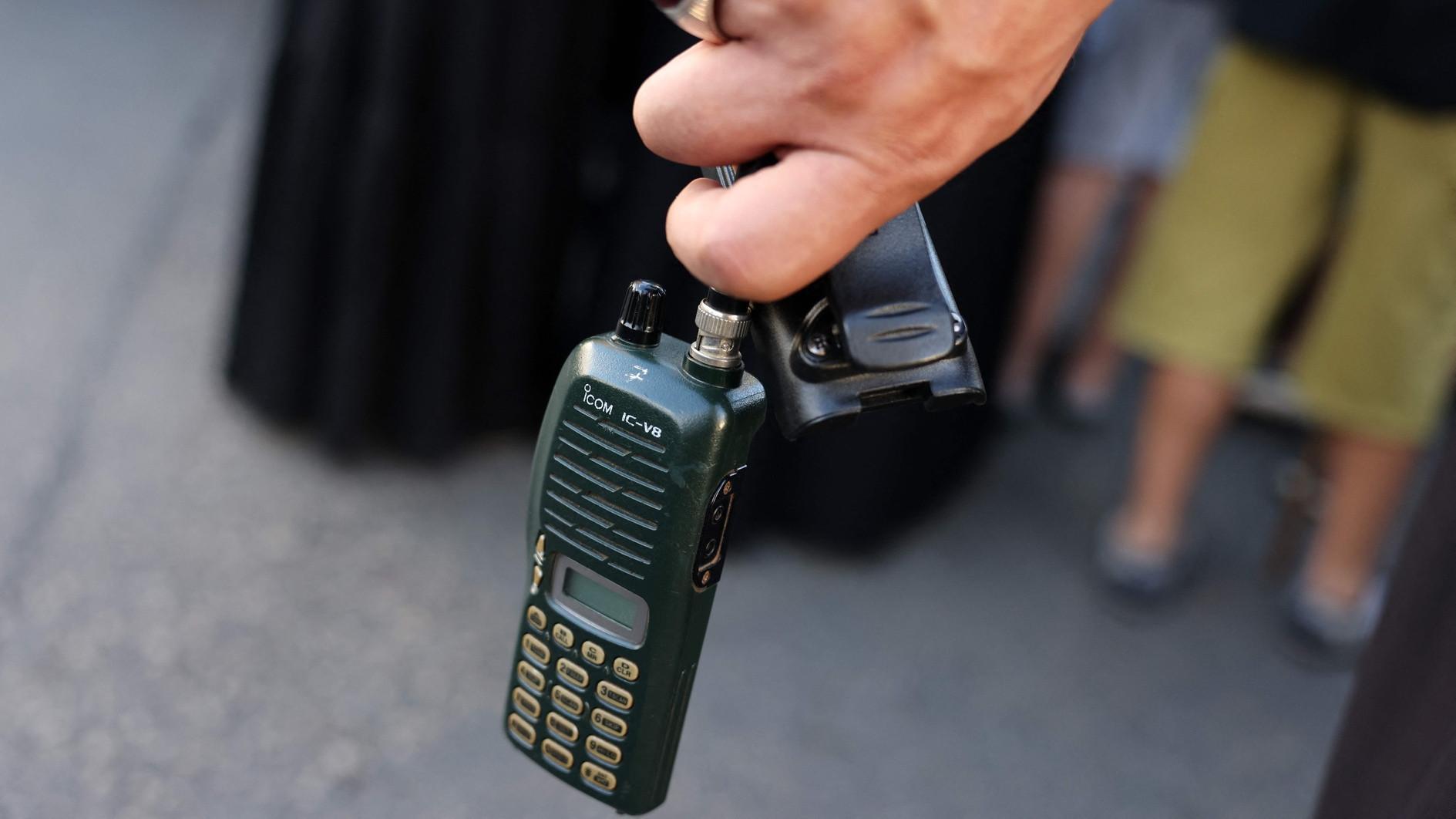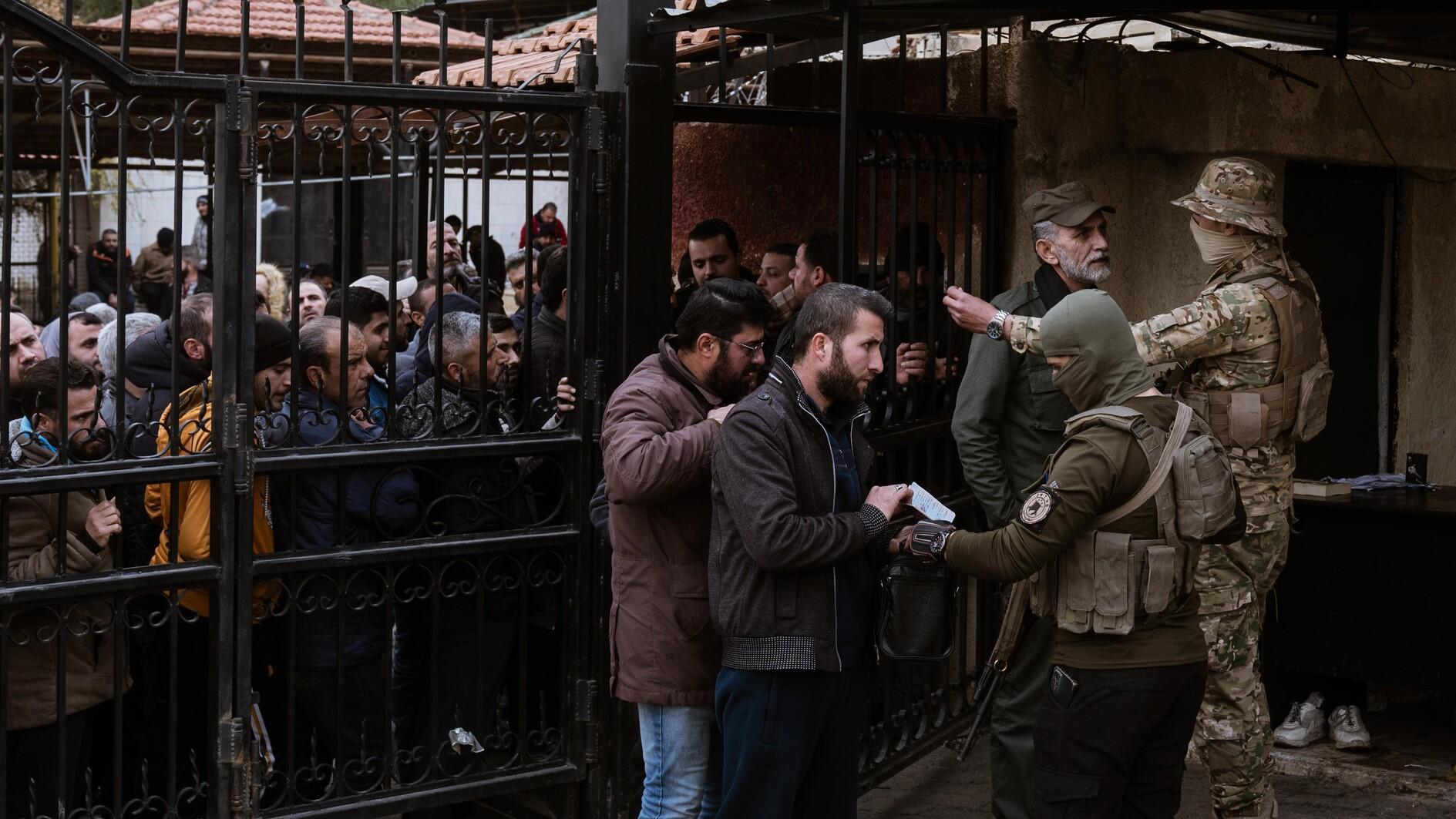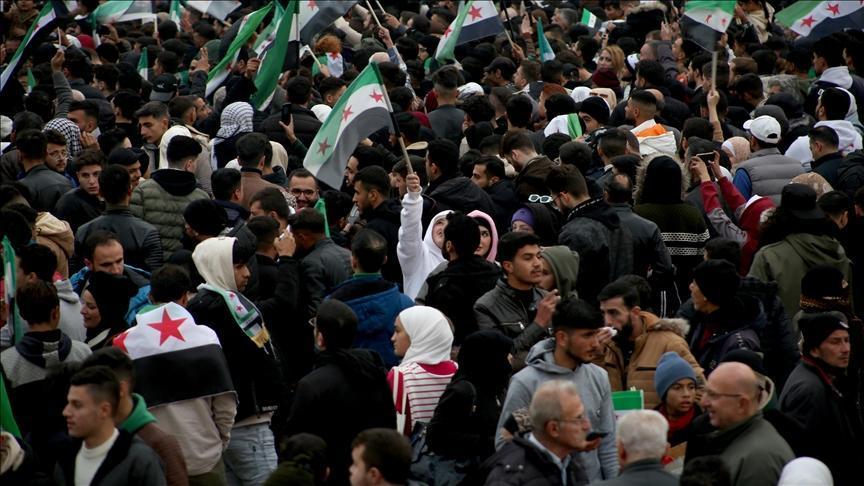EU launches anti-trust case against Gazprom
BRUSSELS - Agence France-Presse
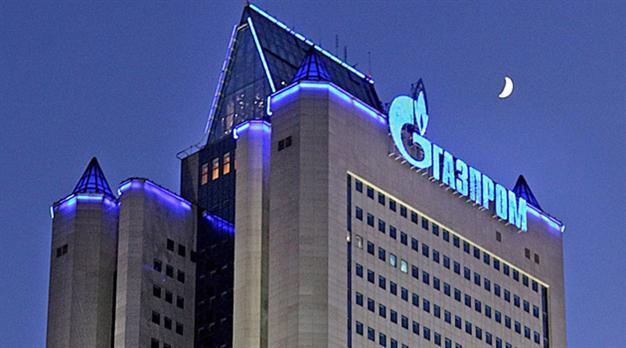
A file photo dated 02 January 2009 shows an exterior view of the headquarters of the Russian gas giant Gazprom headquarters in Moscow. EPA photo
The European Commission said yesterday it has opened an anti-trust probe against Russian energy giant Gazprom on suspicion it was hindering competition in central and eastern European gas markets.The Brussels-based competition watchdog notably said in a statement that it notably had concerns Gazprom "may have prevented the diversification of supply of gas" and "imposed unfair prices on its customers by linking the price of gas to oil prices." "An opening of proceedings does not prejudge the outcome of the investigation," the statement said. "It only means that the Commission will treat the case as a matter of priority." The move follows September 2011 inspections at gas company premises and comes amid recurrent concerns that lower gas supplies from Russia could spell potentially higher prices for consumers.
The EU imports 60 percent of its gas needs, with a quarter of gas consumed supplied by Russia.
The bloc has frequently found itself at loggerheads with Moscow over energy supply.
Lithuania notably has repeatedly locked horns with Gazprom, its only gas supplier, over what it claims is unfair pricing -- a charge the Russian group denies.
In its Tuesday statement, the Commission said it had informed Gazprom and the competition authorities in the member states concerned that it had opened proceedings. It did not list the countries however.
Last September it ordered inspections in 10 European Union nations, notably in central and eastern Europe.
Gazprom said at the time that unannounced inspections took place at its German and Czech units, Gazprom Germania and Vemex. The inspections also targeted German energy groups RWE and EON and Austria's OMV.
Lithuania's gas-mains company Lietuvos Dujos said it too had been raided.
Gazprom owns a 37.1 percent stake in Lithuania's Lietuvos Dujos, while Germany's EON has 38.9 percent and the government 17.7 percent.
Lithuania's reliance on Russian gas is a legacy of five decades of Soviet rule, which ended in 1991.
The country of three million, which joined the EU in 2004, in January 2011 filed a complaint with the European Commission alleging Gazprom was abusing its market clout.
It and other EU countries that formerly lay behind the Iron Curtain have long pushed for better energy-policy coordination within the bloc because they lack muscle alone.


